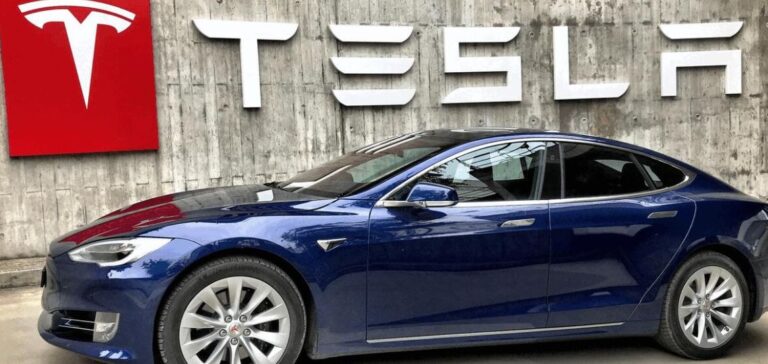Tesla Inc. reported significantly lower-than-expected results for Q1 2025, with net income plunging 71% to $409mn. Revenues totaled $19.33bn, down 9% compared to the previous year, according to data published on April 22 by the company. These figures fell short of the FactSet consensus, which had forecasted $21.13bn in revenue and $1.44bn in net income.
Tesla’s management indicated that demand could face pressure due to a “change in political sensitivities,” a direct reference to the repercussions of Elon Musk’s close relationship with the Trump administration. The automaker did not provide regional data, but the polarized political climate in the U.S. appears to be affecting the brand’s image among certain consumer segments.
Ageing product range and competitive pressures
The sales weakness is also attributed to a product lineup that has remained unchanged for several years. As competition in the electric vehicle sector intensifies, particularly from Chinese and European manufacturers, Tesla has not introduced any major new mass-market vehicles since the launch of the Model Y. The company did not provide details on a potential schedule for renewing its existing products.
Tesla had already warned earlier this year that its growth would slow in 2025, a forecast now confirmed by its performance. The company did not specify whether it would lower its annual targets, but analysts surveyed by Bloomberg have highlighted increased pressure on margins due to stagnant prices and rising logistical costs.
Mixed investor reactions
Following the earnings report, Tesla’s stock fell more than 4% in after-hours trading. Several analysts raised concerns about the company’s ability to maintain its leadership position in an increasingly fragmented market. “Investors are questioning the medium-term product strategy,” said Dan Ives, an analyst at Wedbush Securities, quoted by AFP on April 22.
No details were provided regarding the development of the robotaxi unit or the deployment of charging infrastructure. The company seems to want to focus, according to its statement, on the profitability of its existing models rather than on new short-term investments.






















